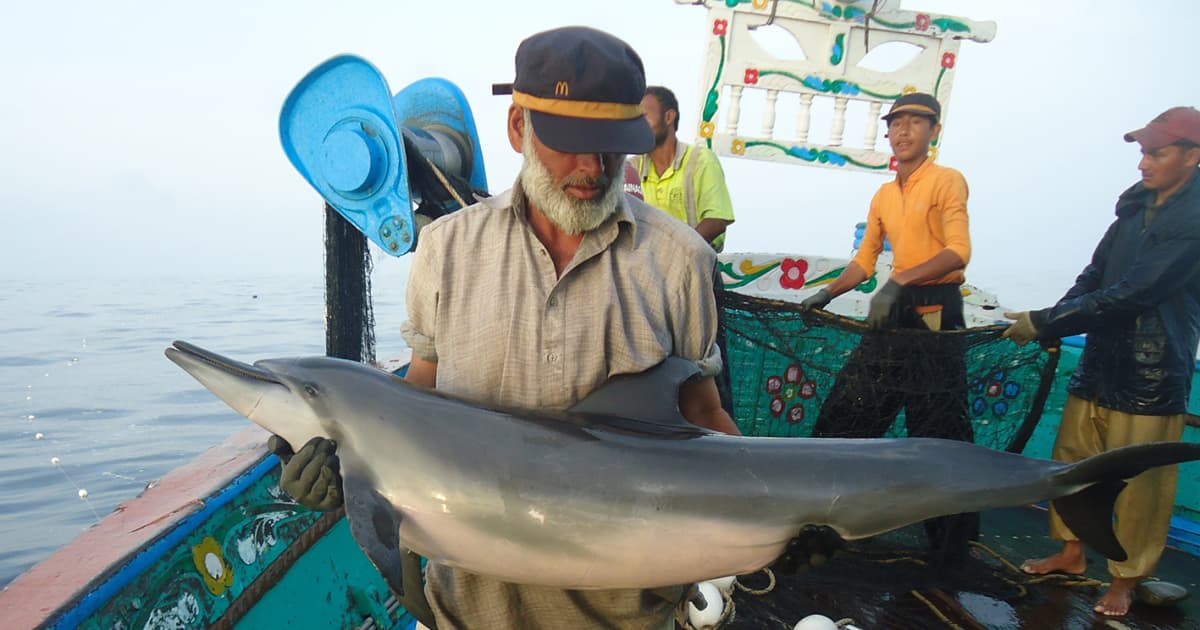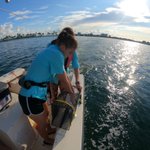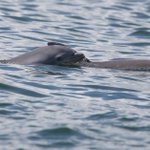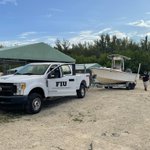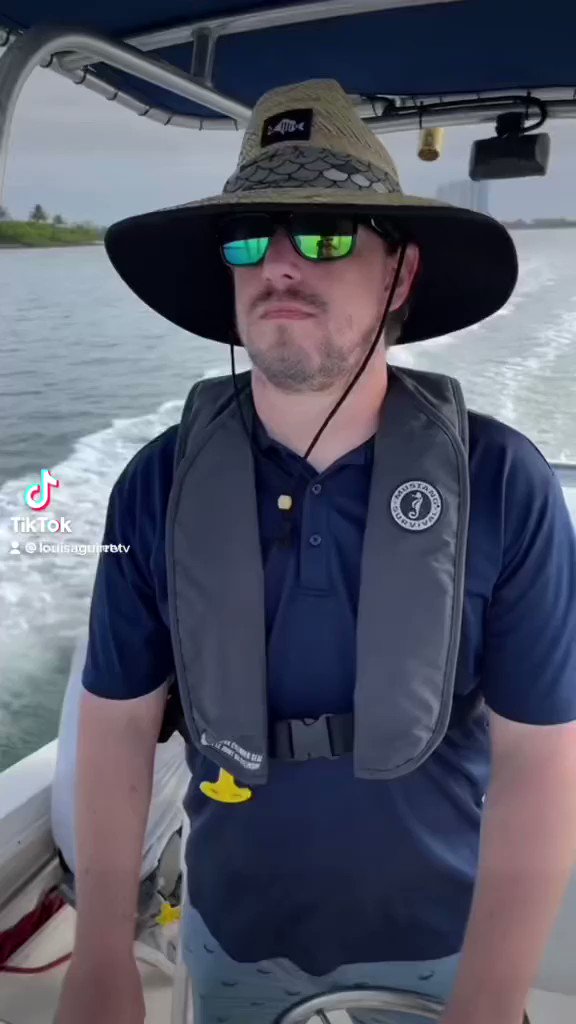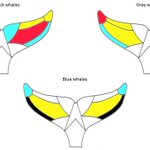The Marine Conservation Ecology Lab includes a diversity of researchers and students
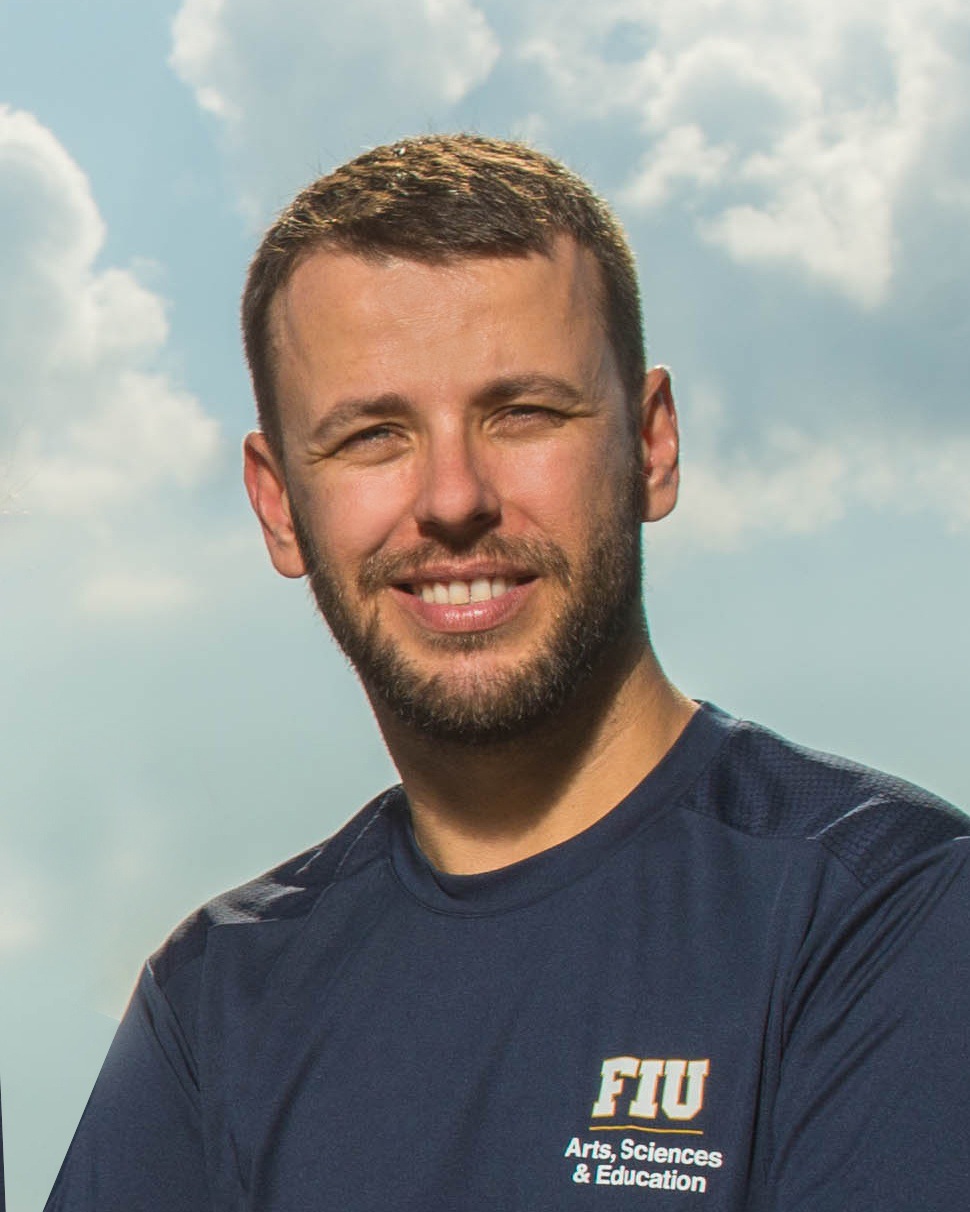
Dr. Jeremy Kiszka
Dr. Kiszka studies the ecological roles and importance of marine mammals and other large marine vertebrates in a variety of marine ecosystems.
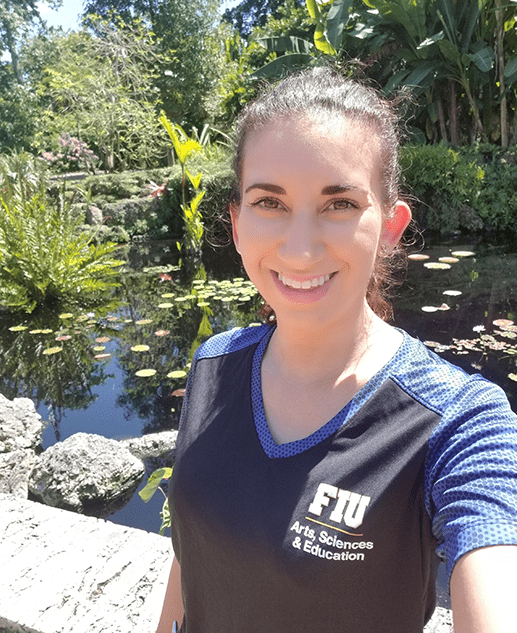
Jessica Carde
Jessica's research is now focussed on coastal dolphin behavior and ecology in response to anthropogenic threats and climate change
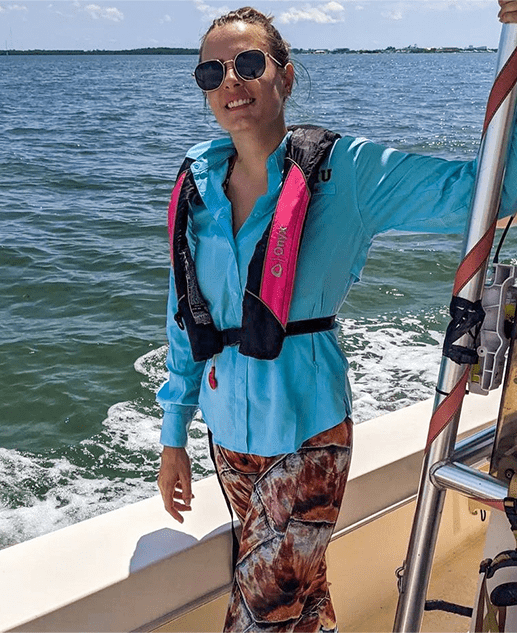
Alexandra Pfeiffer
Alexandra studies the foraging ecology and bioenergetics of small cetaceans using multiple methods, including drones and animal-borne video camera systems.
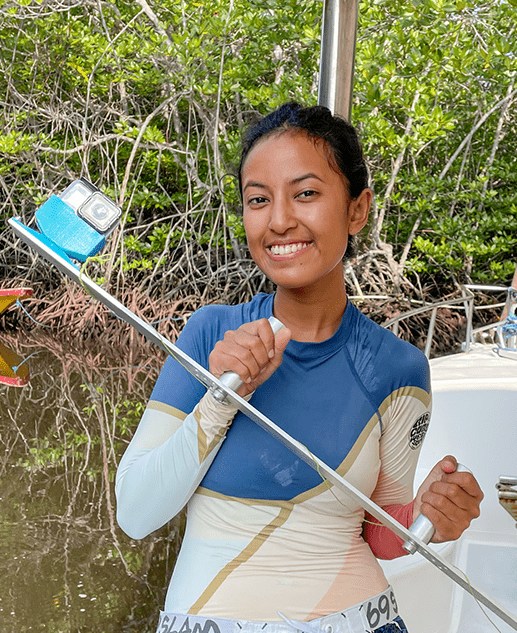
Janis Argeswara
Janis's research now focusses on reef manta ray reproductive ecology in Indonesia.
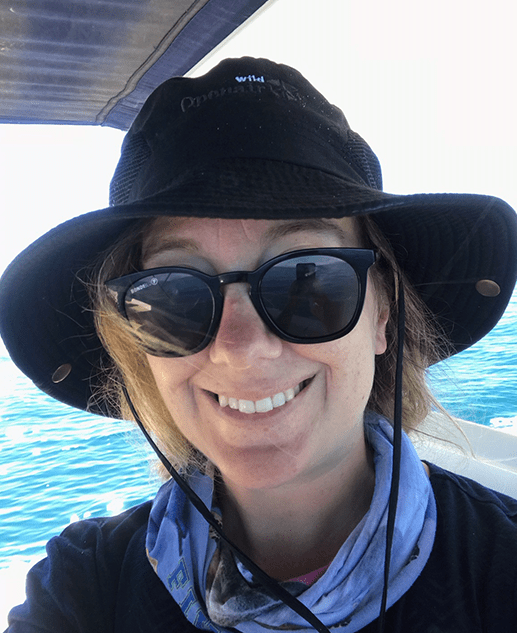
Dr. Michelle Caputo
Dr. Michelle Caputo is a joint affiliated Post-Doctoral Research Fellow at FIU and Rhodes University in South Africa.
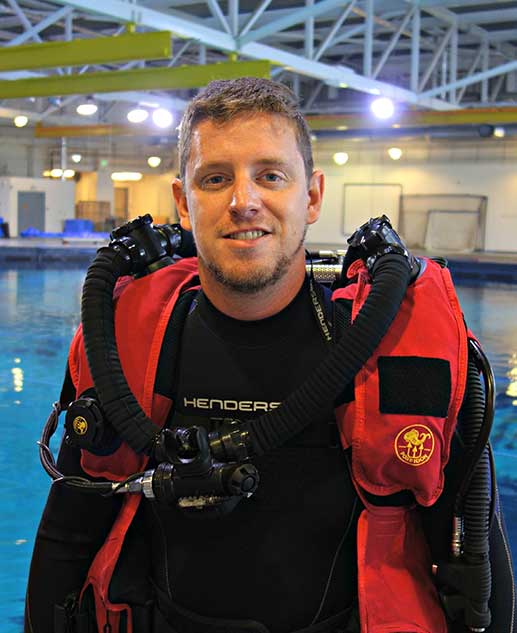
Aarin-Conrad Allen
Aarin has worked with marine mammals since 2009 and has extensive experience from husbandry and training to strandings rescue and necropsy.
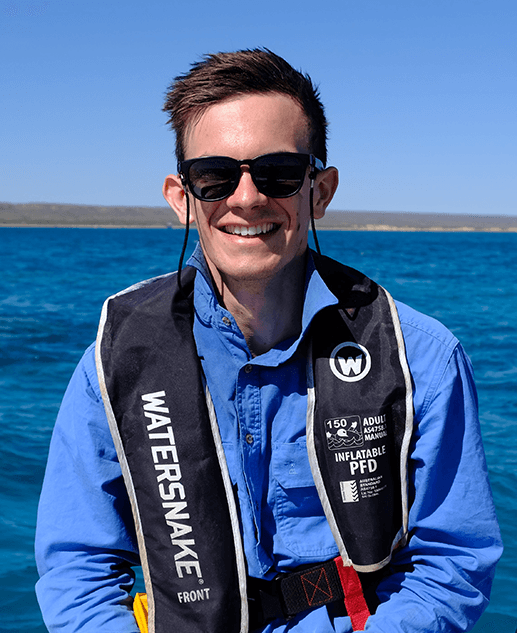
Jonathan Syme
Jonathan studies behavioral interactions between Indo-Pacific bottlenose dolphins and Australian humpback dolphins.
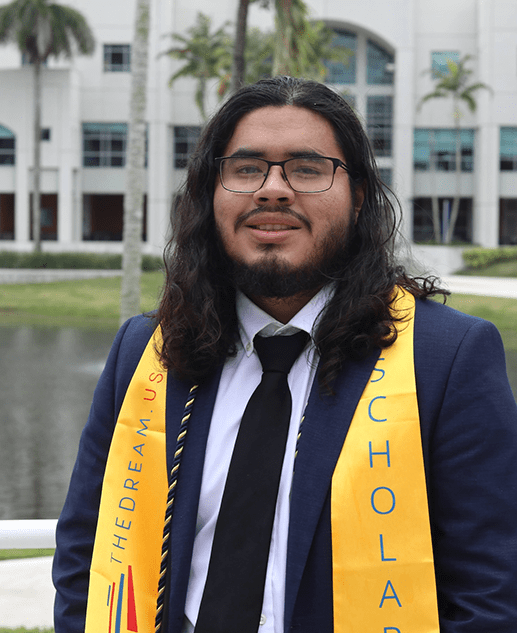
Miguel Cabrera Reyes
Miguel works on the development of suction-cup camera tags for small cetaceans.
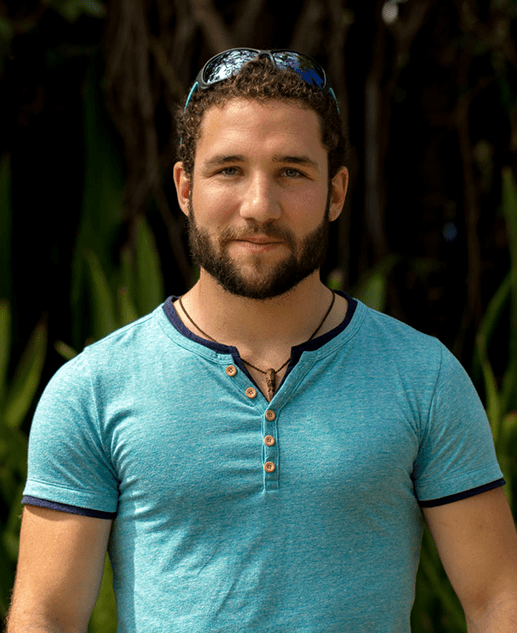
Dr. Germain Boussarie
Dr. Boussarie’s research focuses on various ecological and behavioral processes in marine megafauna populations of coastal ecosystems.
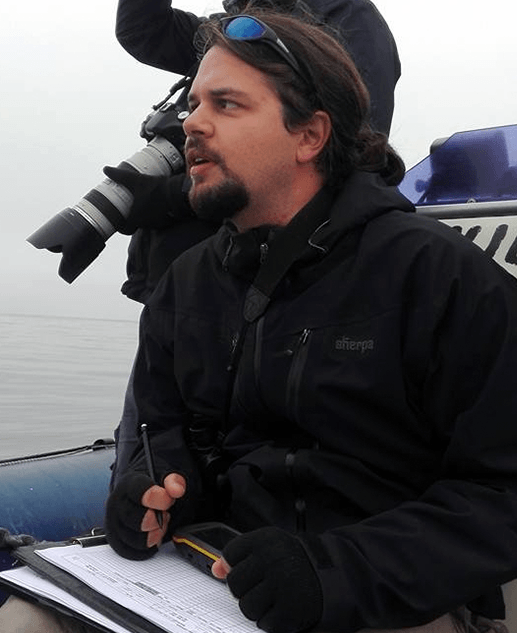
Enrico Corsi
Enrico is a behavioral ecologist investigating how the environment shapes the evolution of societies.
Some of our collaborators are part of other research groups at FIU, together we tackle several multidisciplinary projects.
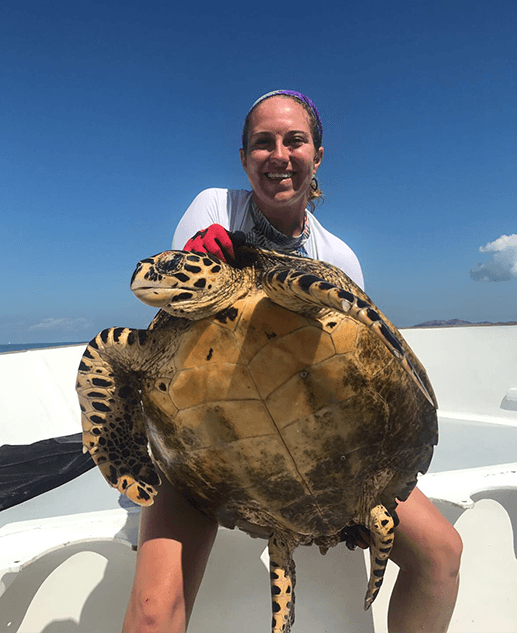
Courtney Knauer
Courtney studies the ecological impacts of hawksbill sea turtles (Eretmochelys imbricata) off the island of Nosy Be, Madagascar. She uses a combination of underwater surveys, turtle-borne cameras, coral reef habitat surveys, and tissue sampling to improve our understanding of the ecological roles and importance of this critically endangered species.
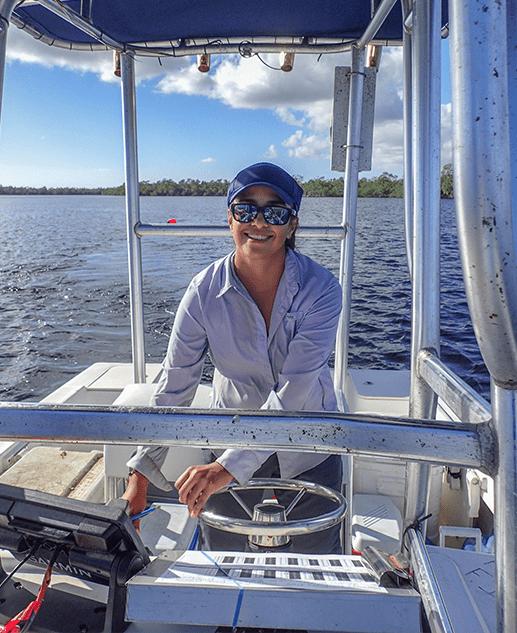
Valeria Paz
Valeria studies the trophic interactions and movements of bottlenose dolphins (Tursiops truncatus) from the Florida Coastal Everglades. She uses stable isotopes and passive acoustic monitoring using CPODs to understand how prey dynamics and abiotic conditions affect the distribution and behavior of these predators.
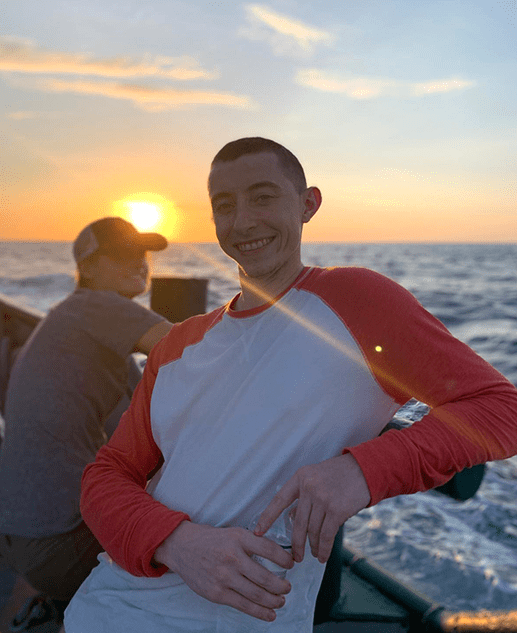
Matt Woodstock
Matt develops ecosystem models of the oceanic Gulf of Mexico and the North Sea to simulate changes in ecosystems caused by changes in species’ populations (including marine mammals) and anthropogenic impacts (e.g. fisheries). Objectives of these models will be to assess potential changes in the trophic structure of the ecosystems when shifts in intermediate and upper-trophic level organisms are observed over time, and to assess the potential impact of proposed management decisions within the regions.
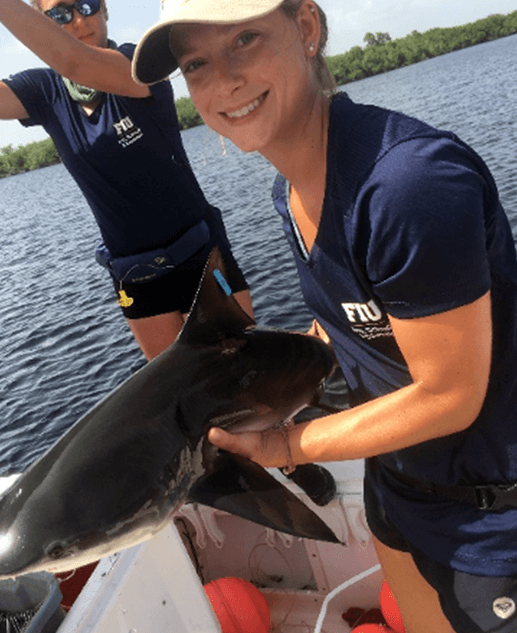
Andria Beal
Andria Beal is a graduate student in the FIU environmental epigenetics lab (EELAB) led by Dr. Jose M. Eirin-Lopez. Andria’s dissertation project focuses on identifying epigenetic biomarkers for use in large marine predator research and conservation, such as age and pollution exposure markers. Current collaborative projects with our lab include investigating how DNA methylation marks correlate to different pollutant exposures in dolphins and whales from the Caribbean and the Gulf of Mexico.

N. Frances Farabaugh
Frances is interested in the ecological importance of marine predators in coral reef ecosystems, particularly sharks. She also studies how environmental parameters affect reef shark abundance, species diversity and distribution, and how sharks shape reef fish community structure and dynamics. Her research takes place in French Polynesia.
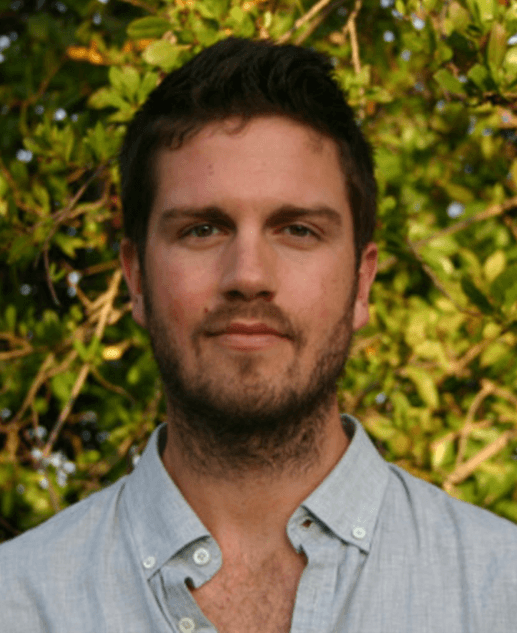
James (Jimmy) Kilfoil
Jimmy develops quantitative tools which can be used to improve the way information is collected for resource monitoring programs. He is working closely with our lab on the potential uses of various video surveys (i.e. baited remote underwater video, unbaited underwater cameras, and unmanned aerial vehicles) to assess and monitor marine animals populations (sharks, sea cucumbers) in data-limited regions, particularly in lagoon ecosystems in French Polynesia.
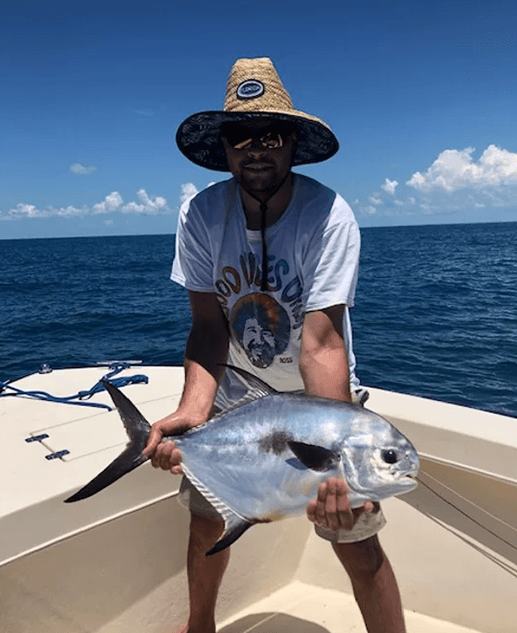
Nicholas Tucker
Nick investigates marine mammal prey dynamics using active acoustic data. He works on two projects with us: in the Gulf of Mexico (Bryde’s whale project) and in the NW Atlantic (conflicts between marine mammals and fisheries project). He is interested on how prey behavior affects baleen whales, and on how prey shoaling behavior is affected by the presence of predators.
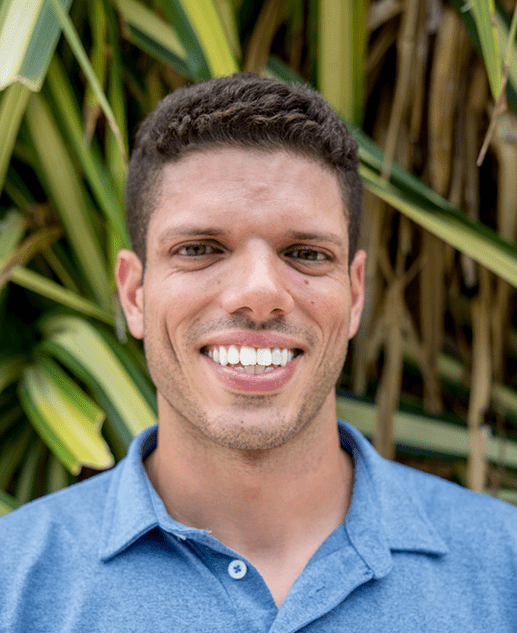
Brendan Talwar
Brendan studies the movements and trophic ecology of oceanic sharks in the Bahamas, particularly silky sharks (Carcharhinus falciformis), a species threatened by bycatch in industrial fisheries around the globe. Silky sharks have experienced significant population declines in the western Atlantic in recent decades. Brendan investigates the movements and trophic ecology of silky sharks in the western Atlantic Ocean. He focuses his research on characterizing vertical habitat use, horizontal movements, and feeding ecology across all life stages through a combination of satellite tagging, longline surveys, gut content, and stable isotope analysis.
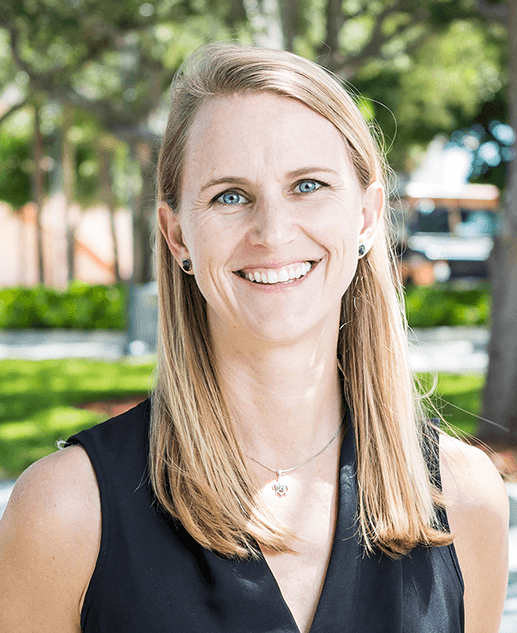
Elizabeth Whitman
Elizabeth is broadly interested in the foraging ecology and in-water behavior of green sea turtles (Chelonia mydas). She studies the top-down and bottom-up factors that may affect green turtle distributions. In the French West Indies (Guadeloupe, Martinique and St. Martin) where she works with our lab, she is expanding this work to investigate the role that green turtles may play in the spread of the invasive seagrass Halophila stipulacea.
Do you want to join the Marine Conservation Ecology Lab?
We are always interested in recruiting talented undergraduate and graduate students, and postdoctoral fellows to join our research group.
If you have any questions about research experiences, undergraduate research opportunities or another collaboration with the Marine Conservation Ecology Lab, please fill the form.
